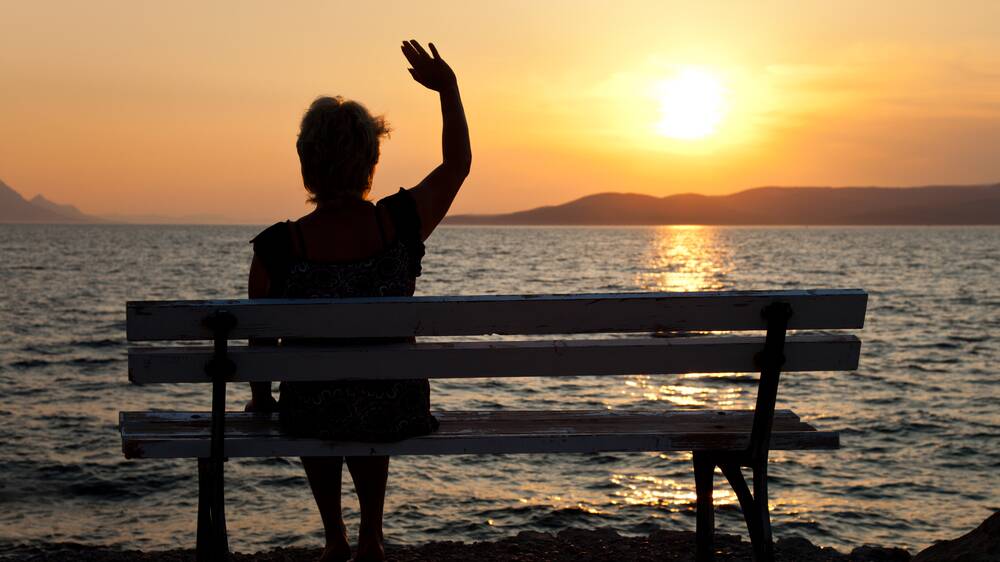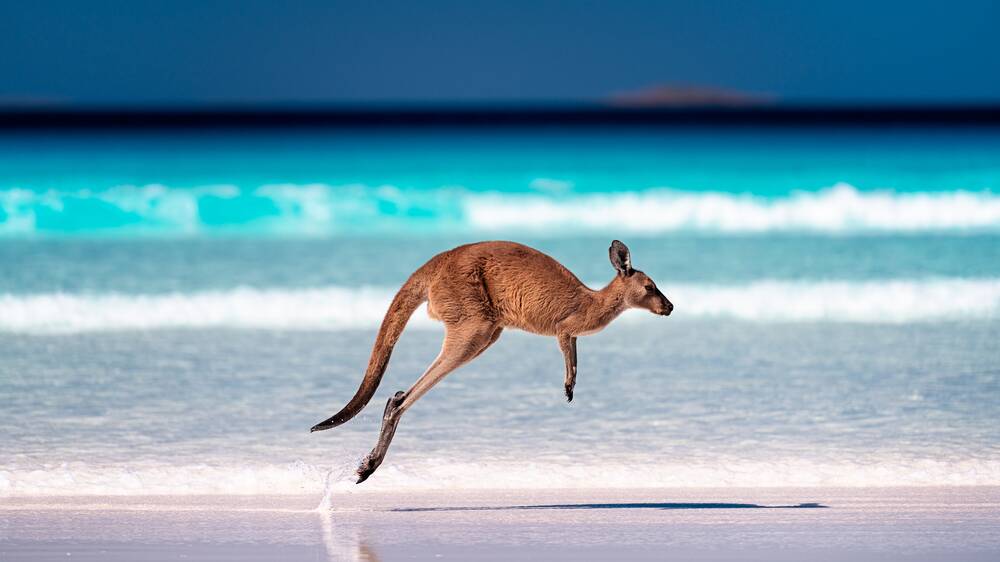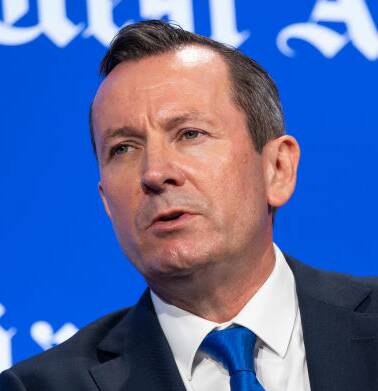
Goodbye, Western Australia. So long, and thanks for all the dolphins.
From over here in the east of the country, I bid the state farewell with neither malice nor glee. Rather, it's melancholy that I feel after last week's announcement that the borders will stay closed indefinitely, rather than open on February 5 as planned.
And we should all feel downhearted. If not for the holidays and reunions that will now need to be cancelled, then for the state's tourism industry and, by association, the whole country's travel sector. Because the farewell to Western Australia may not just be for the short term. Even when the borders do eventually reopen, there will be a lot less to visit in the west. There's no way all the state's tourism businesses will survive.
"I'm well aware of individuals who have lost their home or retirement savings by trying to stay open to take bookings for business from February 5 onwards," says Tourism Council WA head Evan Hall. "Now they will have to refund deposits with money they don't have."

There's certainly a lot of support in WA for the premier's decision and Mark McGowan claims the tourism sector in his state is actually doing better than along the east coast, where the Omicron wave is creating its own difficulties. But try telling that to the small businesses that rely on interstate and international visitors. These are often the ones that offer the most personal and authentic experiences, showcasing the textured nature and culture of WA. They may be shuttered by the time the border reopens, leaving the charmless multinational hotel chains and mundane large-group tours to fill the gaps (and raise their prices because there's less supply).
Thankfully the rest of the country is moving in the right direction, preparing for tourism in the post-pandemic world. A week ago, Queensland began to allow eligible travellers to arrive from overseas without quarantine, bringing it in line with the other states and territories (minus WA, of course). And the federal government is also making it easier to arrive in Australia, allowing the option of a pre-departure rapid test instead of a PCR test, and reducing the wait time from 14 days to 7 days after a positive result.
However, all these changes only apply to people who are allowed to come here, which is mainly Australian citizens and permanent residents at the moment. Most international tourists are still banned from our shores, and there are plenty of businesses that will suffer until that changes. It's why the industry held a National Day of Action on Tuesday to protest the federal government's decision to keep the country's border closed to visitors. Hundreds of people gathered outside the offices of more than two dozen government MPs, calling for travel restrictions to be eased and for more financial support.
One of the protest's organisers was Belle Goldie, who runs the itravel travel agency in Western Sydney and is worried tourists may be locked out until after the federal election, expected in May.
"I would rather go down fighting and speaking up than see my business, in which I've invested my family's life savings, die slowly and silently on its knees," Belle says.

The federal Ggovernment has offered a couple of small sweeteners. Last week it announced a rebate of the visa fee for any international students and working-holiday backpackers who arrive in the next few months. That could be up to 150,000 students and 23,500 backpackers - but the policy is clearly aimed at addressing staff shortages in critical industries, not providing customers for the tourism industry (which needs many more people than that, not to mention much higher-paying ones).
The Australian Chamber of Commerce and Industry is calling on the government to extend the free visa program to even more travellers, including general tourists.
"Businesses reliant on international travellers are only just holding on with very little government support to keep them going," says the chamber's John Hart. "Offering fee-free tourist visas will enhance Australia's competitiveness as a tourist destination."
And that point about Australia being competitive is perhaps one of the most important things going forward. As the world opens up, travellers will be looking for easy and reliable holiday options. Australia, with its icons like the Great Barrier Reef and Uluru, may be a dream for many people... but it's also often considered to be a difficult one because of distance and cost. International tourists generally like to book in advance and, with no certainty, they're likely to be organising trips for this year - and maybe even 2023 - to countries that are already welcoming visitors.
Thailand may be their preference instead, for example, after it announced this week it will allow quarantine-free travel for tourists again. That's going to be a double-whammy for Australia's tourism sector, as it'll also attract Aussies who might otherwise have spent their time (and money) here. And as other nations open up and Australia stays closed, that's just going to get worse.
It may be easy from the east coast to wave goodbye to Western Australia and worry about how its tourism industry will recover after such a long period of isolation. But don't think the rest of the country is immune, because the world's still not able to say hello to us either.
You can see more on Michael Turtle's Time Travel Turtle website.







